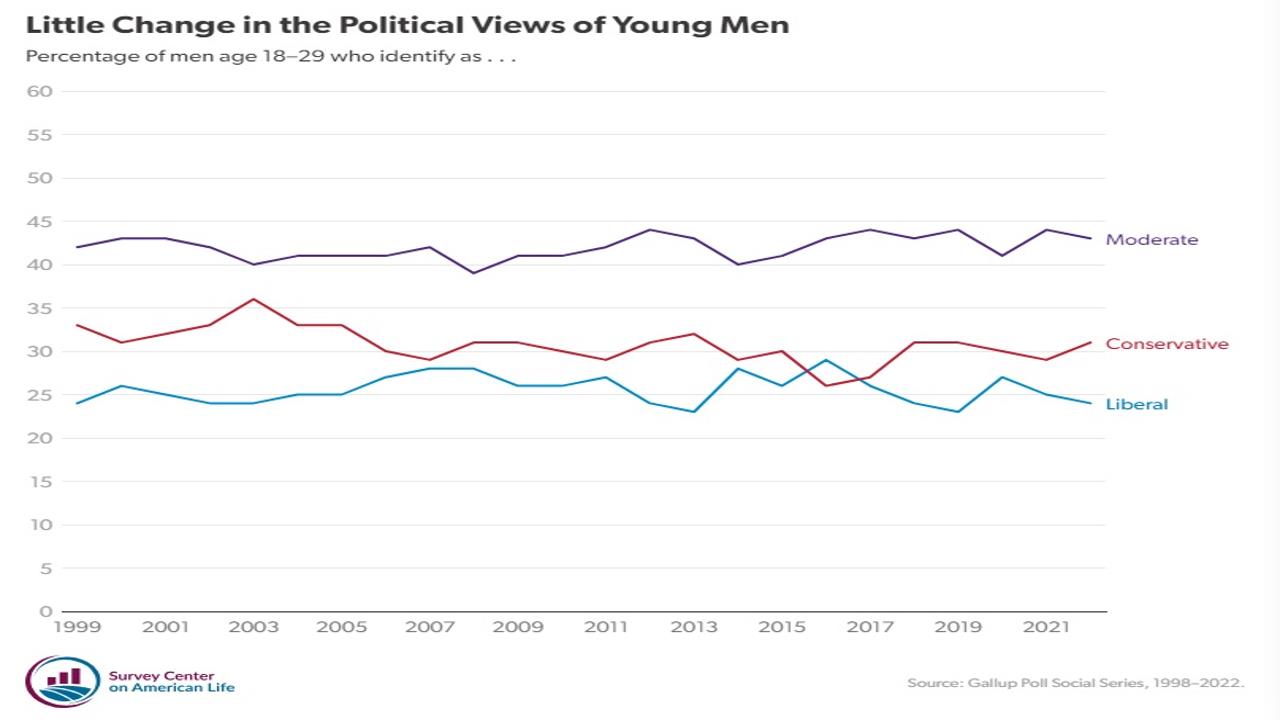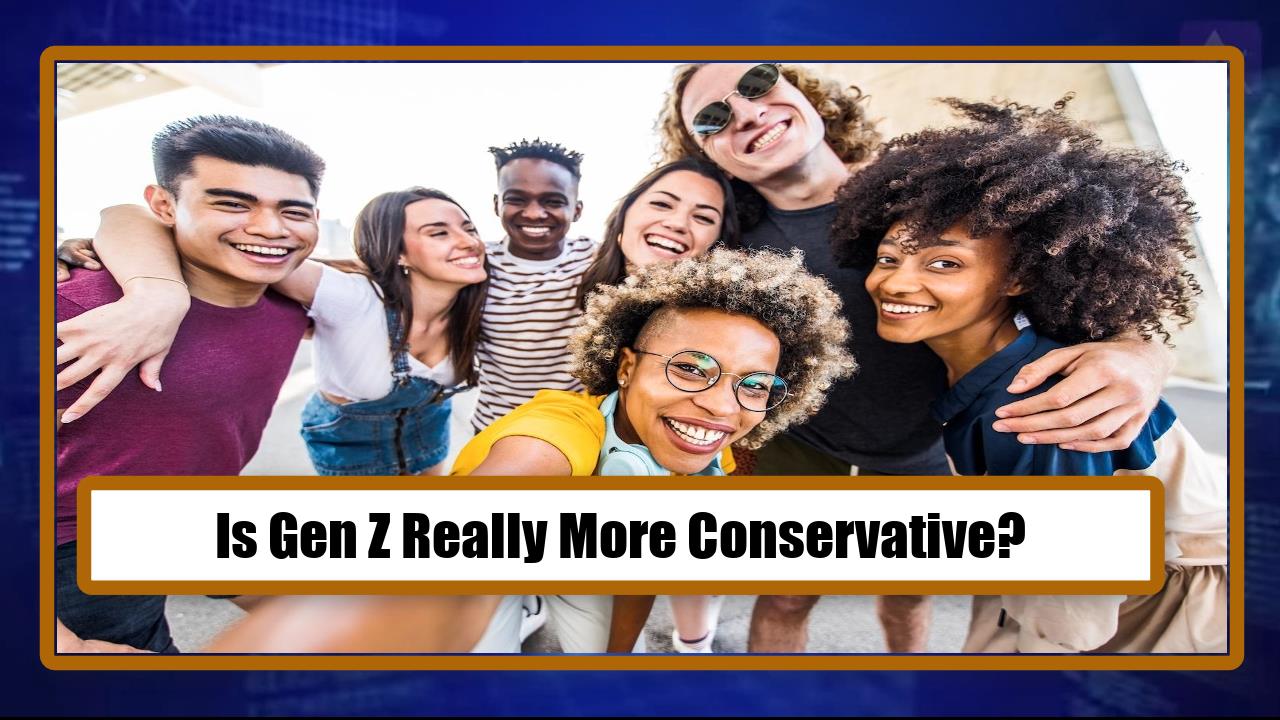Video:
Take our online poll:
AI Analysis:
The phenomenon of individuals tending to be more left-wing when young and then growing more right-wing with age can be influenced by a combination of social, economic, and psychological factors. While this pattern is not universal and doesn't apply to every individual, it does reflect broader trends observed in political behavior. Here are some reasons for this trend:
1) Generational Identity: Younger generations often embrace progressive values and ideologies that align with social change and reform. They may be more open to new ideas, diversity, and social justice causes. As people age, they may identify more strongly with the values and beliefs of their generation, which can become associated with more conservative or traditional views.
2) Life Cycle Effects: As individuals progress through different life stages, their priorities and concerns may change. Young people, for example, may prioritize issues like education, social equality, and environmental sustainability. As they age and become homeowners, parents, or retirees, their focus may shift to economic stability, property values, and retirement security, which can align with more conservative policies.
3) Economic Factors: Economic circumstances can influence political beliefs. Younger individuals may be more focused on economic inequality and access to education and healthcare. As people age and accumulate wealth or become more financially stable, they may develop a stronger interest in protecting their assets and minimizing taxation, which can be associated with more conservative economic views.
4) Cultural Factors: Cultural and social norms can also shape political beliefs. Older generations may have grown up in eras with more traditional values, which they continue to uphold as they age. Younger generations, on the other hand, often challenge and reshape these norms.
5) Socialization: Political socialization, which refers to the process by which individuals acquire their political beliefs, plays a significant role. Young people are often exposed to more progressive and liberal influences in education institutions and through peers, while older individuals may have been influenced by different historical events and experiences.
6) Fear of Change: Some individuals become more conservative with age due to a fear of change or uncertainty. As they grow older, they may be more inclined to seek stability and resist radical shifts in societal norms.
7) Media Consumption: The sources of news and information individuals consume can also impact their political views. Older individuals may be more likely to consume traditional media sources that lean conservative, while younger generations may favor digital and social media platforms that can have a more liberal bias.
It's important to note that these trends are general patterns and do not apply to every individual. There are many exceptions, and political beliefs are highly complex and can be influenced by a wide range of factors, including personal experiences and values. Additionally, political ideologies and beliefs are not limited to a binary left-right spectrum and can encompass a wide range of perspectives.
Chart:

References:
Political Party Identification by Age


Comments